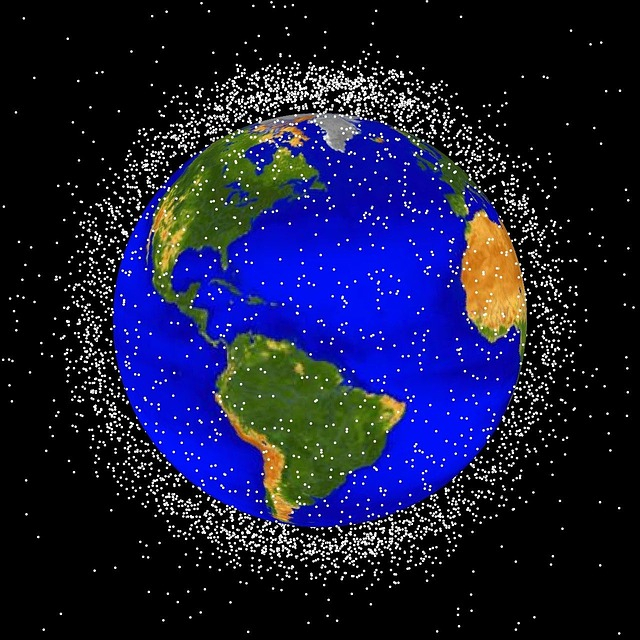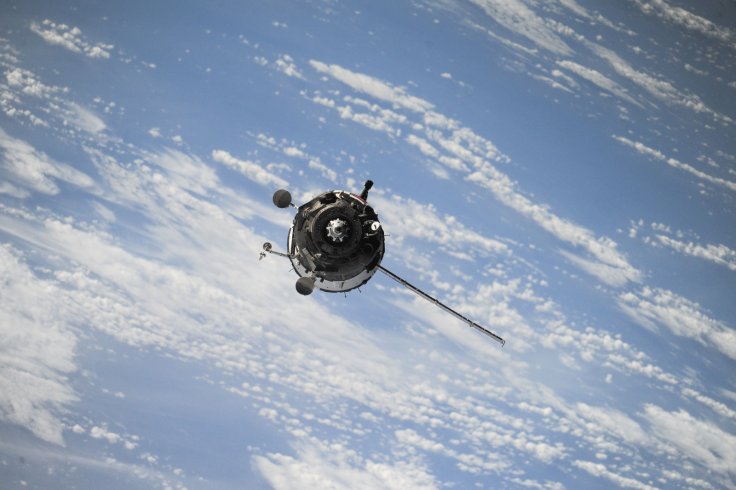A private aerospace company is preparing to launch a new instrument that's capable of getting rid of the space junk floating around Earth. An official from the company made the announcement after successfully completing a test for the instrument.
The instrument, known as Terminator Tape, was made by Tethers Unlimited, an aerospace firm based in Washington. Basically, it is a 70-meter-long electrically conductive tape that's capable of deorbiting satellites.

Testing The Terminator Tape
The Terminator Tape was first deployed in space in September last year through the Prox-1 satellite built by scientists from the Georgia Institute of Technology. It was launched as a payload of SpaceX's Falcon Heavy rocket in June 2019.
The tape was transported inside a module that was as big as a notebook. After Prox-1 deployed the module, the tape began to unroll and dragged behind the satellite. Due to the increase in drag caused by the tape, the satellite's orbit began to lower. According to Rob Hoyt, the CEO of Tethers Unlimited, the test demonstrated how the Terminator Tape can significantly affect the orbit of satellites and other objects in space.
"Three months after launch, as planned, our timer unit commanded the Terminator Tape to deploy, and we can see from observations by the U.S. Space Surveillance Network that the satellite immediately began de-orbiting over 24 times faster [than before]," he said in a statement.

Using Terminator Tape To Clean Space Junk
Following the successful test, the company is now planning on collaborating with other aerospace firms to once again assess the capabilities of the Terminator Tape. The upcoming lunch will involve the use of two satellites, one of which will be sporting the Terminator Tape.
Tethers Unlimited plans to compare the effects of the tape on the satellites as they deorbit. As noted by Hoyt, Terminator Tape could serve as an effective instrument in bringing down satellites and other pieces of debris floating around Earth. It could serve as a viable solution to the growing problem of space junk.
"Rapidly removing dead satellites in this manner will help to combat the growing space debris problem," he stated. "This successful test proves that this lightweight and low-cost technology is an effective means for satellite programs to meet orbital debris mitigation requirements."









